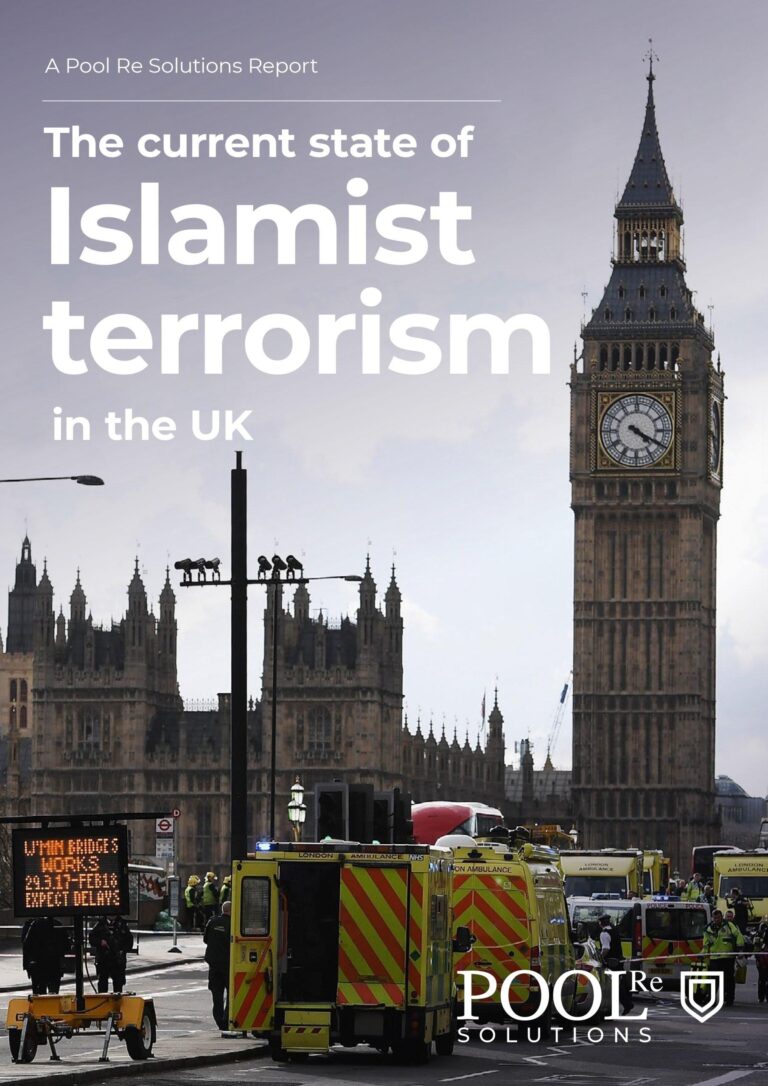France finds itself entrenched in a complex and multifaceted struggle, confronting rising Islamist threats within its own borders while facing criticism and geopolitical pushback from traditional allies abroad. As tensions escalate, the nation grapples with safeguarding its secular values and national security at home, even as its foreign policies and counterterrorism efforts provoke unease among international partners. This dual challenge underscores the intricate dynamics shaping France’s current political and security landscape, revealing a battle that is as much diplomatic as it is domestic.
France Confronts Growing Islamist Threats Within Its Borders Amid Rising Security Concerns
Recent months have highlighted a surge in domestic Islamist activities that pose significant challenges to French security agencies. Authorities report an uptick in radicalization among disenfranchised communities, utilizing social media platforms to recruit and coordinate attacks. French intelligence has intercepted multiple plots targeting both urban centers and critical infrastructure, prompting heightened security measures nationwide. The government’s response includes expanding counterterrorism units and enacting stricter surveillance protocols, but critics argue that without addressing underlying social inequalities, these threats will persist. Community engagement initiatives and improved integration policies are increasingly viewed as essential complementary strategies to pure security enforcement.
Meanwhile, France’s stance on Islamist movements abroad complicates its diplomatic relations, especially with key allies in the Middle East and North Africa. Paris faces pressure to recalibrate its foreign policy to better align with counterterrorism goals without alienating regional partners. The tension is captured in the table below, outlining recent incidents affecting Franco-allied cooperation:
| Incident | Location | Impact on Alliances |
|---|---|---|
| Intelligence Sharing Dispute | North Africa | Deteriorated trust between agencies |
| Diplomatic Tensions Over Policy | Middle East | Complicated joint counterterrorism operations |
| Public Backlash in France | Domestic | Pressure to prioritize internal security |
This dual-front challenge underscores the complexity of balancing effective homeland security while sustaining international partnerships crucial to France’s broader strategic interests.
Strained Diplomatic Ties Spotlight France’s Influence Erosion Among Traditional Allies
France’s recent diplomatic upheavals underscore a palpable shift in its standing within traditional alliances. Once a formidable leader within European and global coalitions, its voice is now met with increasing skepticism. Allies are growing wary not only of France’s domestic challenges but also of its foreign policy approaches that seem increasingly unilateral. This erosion of trust is attributed to a combination of political discord, economic disagreements, and contrasting security priorities, especially regarding counterterrorism strategies in a post-Brexit landscape.
Key factors affecting France’s diplomatic relations include:
- Disparities over counterterrorism policies – Divergent threat perceptions have led to fragmented intelligence sharing.
- Economic disputes – Disagreements over trade and defense spending strain cooperation within EU frameworks.
- Unease surrounding France’s domestic Islamist challenges – Reliance on national security concerns affects collaborative regional efforts.
- Competing geopolitical interests – France’s independent initiatives sometimes clash with allied agendas, particularly in Africa and the Middle East.
| Aspect | France’s Position | Allied Perception |
|---|---|---|
| Counterterrorism Cooperation | Focused on national security priorities | Concerned about information silos |
| Economic Alignment | Advocates protectionist measures | Prefers open market strategies |
| Foreign Military Engagements | Independent operations, especially in Sahel | Push for multilateral involvement |
Strategic Measures Recommended to Reinforce Domestic Security and Rebuild International Partnerships
France must urgently expand intelligence-sharing infrastructures and equip law enforcement agencies with cutting-edge technologies to combat the evolving Islamist threats domestically. This involves enhanced surveillance capabilities, streamlined inter-agency cooperation, and comprehensive community engagement strategies aimed at early radicalization detection. Furthermore, prioritizing educational programs that promote social cohesion and counter extremist narratives within vulnerable populations will play a crucial role in diminishing the roots of homegrown terrorism.
On the diplomatic front, rebuilding fractured international alliances requires a two-pronged approach: reaffirming commitments to existing security partnerships and adopting transparent communication channels to repair trust deficits. France should spearhead multilateral forums focusing on joint counterterrorism initiatives and intelligence diplomacy. The accompanying table outlines key areas for immediate action:
| Action Area | Initiative | Expected Outcome |
|---|---|---|
| Intelligence | Real-time data exchange platforms | Faster threat response |
| Law Enforcement | Joint counterterror task forces | Improved operational coordination |
| Diplomacy | Biannual security summits | Reinforced ally relations |
| Community Engagement | Counter-radicalization campaigns | Decreased extremist influence |
The Way Forward
As France continues to confront the growing challenge of Islamist extremism on its own soil, the complexities of its foreign policy are increasingly coming under scrutiny. The delicate balance between safeguarding national security and maintaining strategic alliances abroad presents a formidable test for French leadership. How Paris navigates this double battle will not only shape its domestic stability but also influence the geopolitical landscape in Europe and beyond. The coming months will be critical in determining whether France can reconcile these competing pressures or if the tensions will deepen, with far-reaching consequences for both its citizens and its partners.




